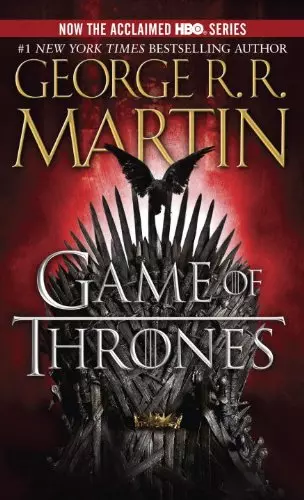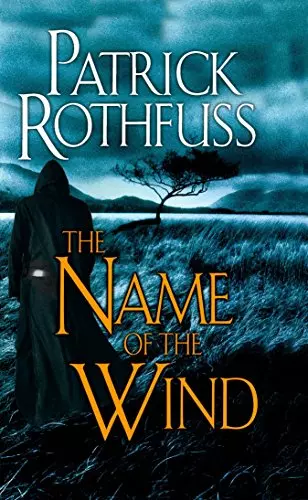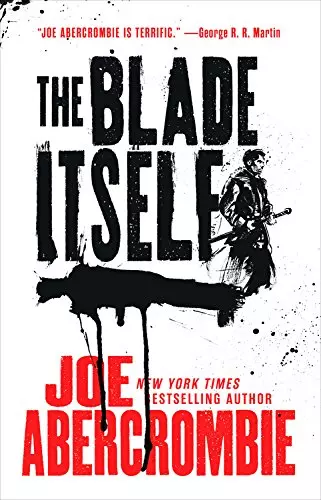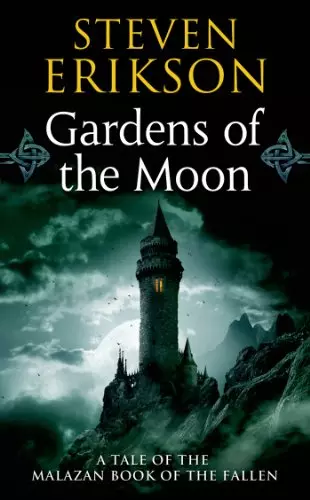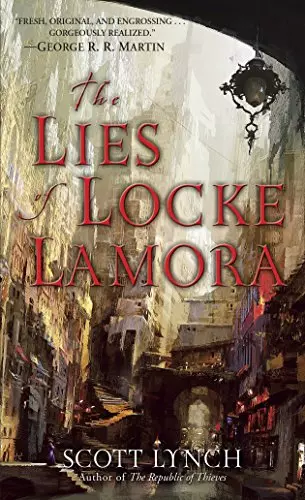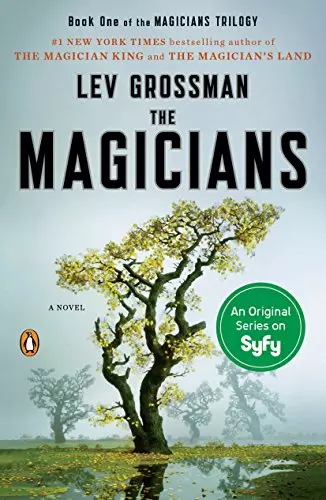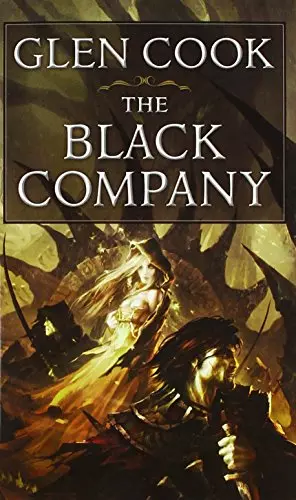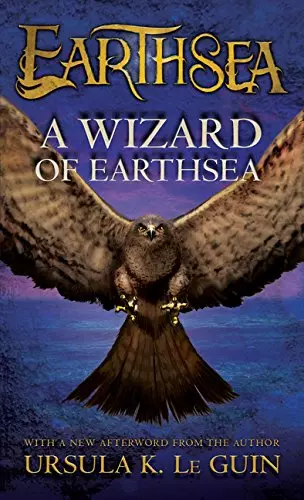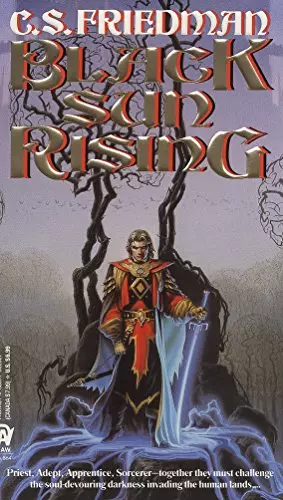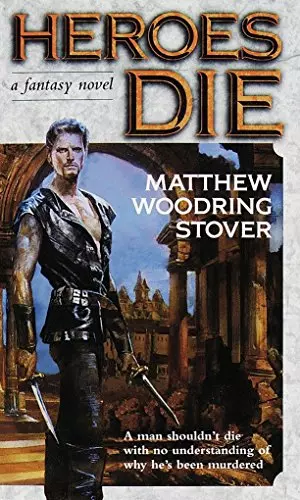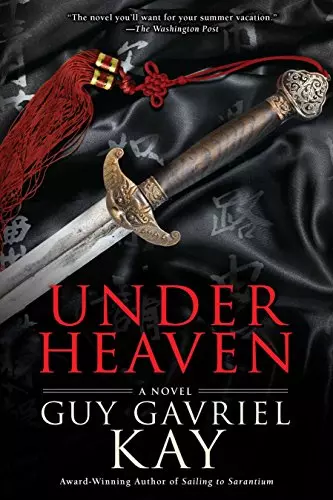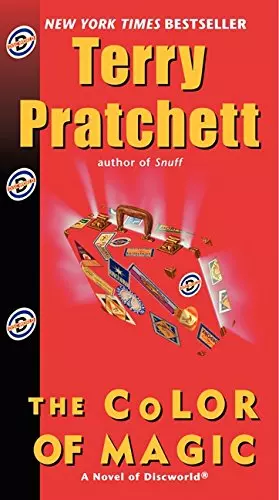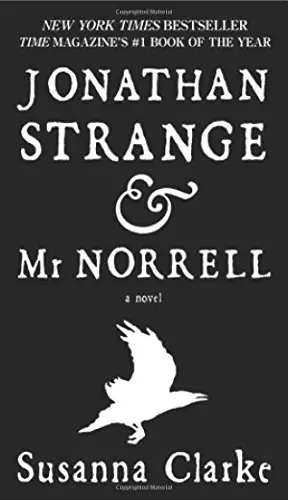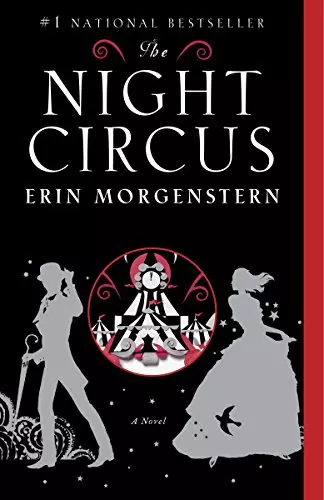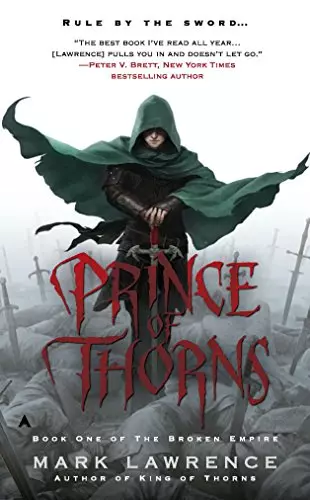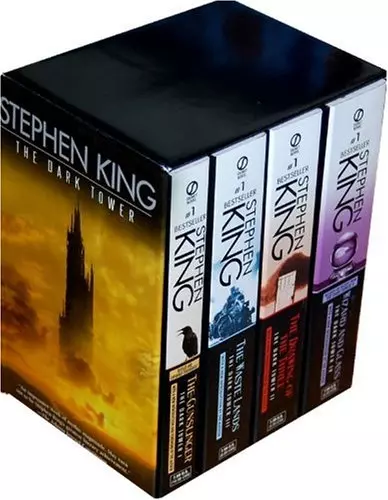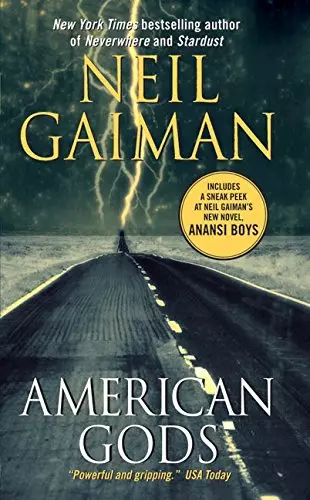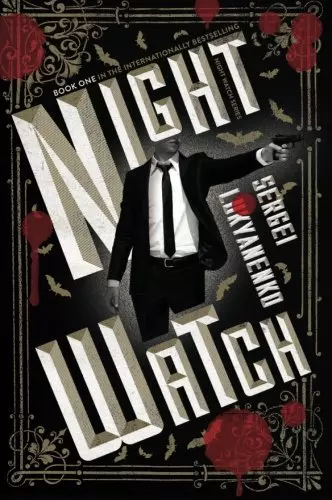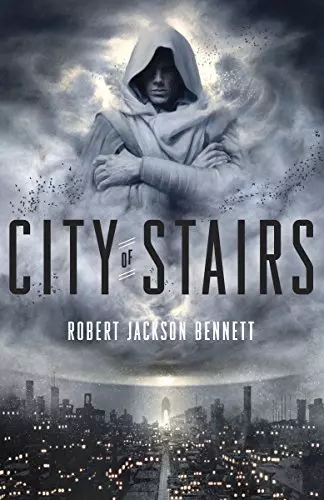Top 25 Best Fantasy Books
Love fantasy novels? Hate wasting time reading trash? Then read this definitive guide to the top 25 Fantasy books in the genre.
This is a list of books that are the crème de la crème of the fantasy genre. I've carefully chosen the top 25 fantasy books from hundreds of series and thousands of books. In my 20 or so years of devouring fantasy books, certain fantasy books have really stood out far above the rest. This is a list of those books.
The Top 25 Fantasy Books list selects from a wide range of fantasy, from epic fantasy to detective fantasy, from well-known fantasy to obscure fantasy, and from old "classic" fantasy books to the best of later year's (2014) fantasy releases. The goal of this list is to present as broad a selection of the best fantasy literature from different fantasy subgenres -- cult hits, best sellers, critically acclaimed, and classics. This is the web's number one fantasy list, visited by millions of readers over the seven years it's been kicking around.
To include is to exclude, and alas, this list is short, and the number of fantasy books out there is huge. If my omission of your favorite author offends you, my apologies, but you can’t please everyone. For each fantasy book recommendation given, I try to give some compelling reasons why the book stands out as one of the best fantasy books in the genre, rather than just saying "this is one of the best fantasy books ever." I acknowledge that judging books is like judging beauty: it's in the eye of the beholder. Some people may like a book, while others do not.
A lot has changed in the two years since this list has been updated. Fantasy has continued to grow up and get much more…complicated.
"Black and white fantasy'? So…last decade! Grim dark is in vogue and antiheroes are now the rage. And speaking of fantasy heroes, when they are not generally faking shit up and being all anti-heroish, then they better have a serious flaw or twelve.
And hey, who wants just a regular old evil villain when we can have a sympathetic baddie that can still tug on those old heartstrings while also filling in part-time as a malicious serial killer – you know, that mass-murdering dark wizard who takes a breather between murders to feed soup to orphans then goes back to ravaging women and killing puppies.
There has of course been an endless deluge of the written word: new books, sad books, good books, bad books – but mostly bad books. Supposedly, there’s a publishing revolution, of sorts, with Amazon’s push into self-publishing. While this has resulted in a vast flood of new indie books, the reality is that for every self-published gem that gets picked up and made into the next best thing, there’s a veritable mountain of horrid prose, painful typos, and dreadful plots to sift through first.
After You Read the Top 25
For more recommendations, read the (new) Top 100 Fantasy Books list that directly continues where the Top 25 List finishes...at #26 and ends at #100.
For an overview of the fantasy genre with our recommendation picks for the BEST book of each subgenre and category, check out our new Best of the Fantasy Genre list. It's a great supplement to the Top 25 List and perhaps even a different way of picking the RIGHT fantasy book that suits your tastes.
For a modern list of the best fantasy books to come out since 2010 (past 5 years), check out our new Best Fantasy Books Since 2010 list.
Be sure to read the brand new, uber huge, Top 50 Stand Alone Fantasy Books list (just updated end of 2014).
Then take a look at the Best Fantasy Series list to top it off.
If you want a humorous take on MY worst fantasy books picks in the genre, read MY Worst Fantasy Books list.
And hey while we are on the topic of books, if you want some quality science fiction book recommendations, be sure to visit our brand new sister site that's all about science fiction books: TheBestScienceFictionBooks.com -- the web's most detailed science fiction book recommendation site! Start with our Top 25 Science Fiction Books Ever list, then work your way through the other subgenre recommendations. The site is still in development, so stay tuned for the fully functional site on a brand new layout coming in the first part of 2023.
Ranked Fantasy Books
Trending Books in Top 25 Best Fantasy Books
Trending Fantasy Booklists
Best Fantasy Books 2025
The Must-Read Fantasy Releases of 2025 That Fans Are Devouring Worldwide
Top 25 Best Fantasy Books
Love fantasy novels? Hate wasting time reading trash? Then read this definitive guide to the top 25 Fantasy books in the genre.
The Best Sci-Fi Movies
The Best of the Best Science Fiction Movies
Top 50 Best Epic Fantasy
The Absolute Best Epic Fantasy Series
Top 10 Sci-Fi Movies That Make You Think
Top 10 Sci-Fi Movies That Make You Think
Top 100 Fantasy Books
The Top 100 Best Fantasy Books Ever Written

